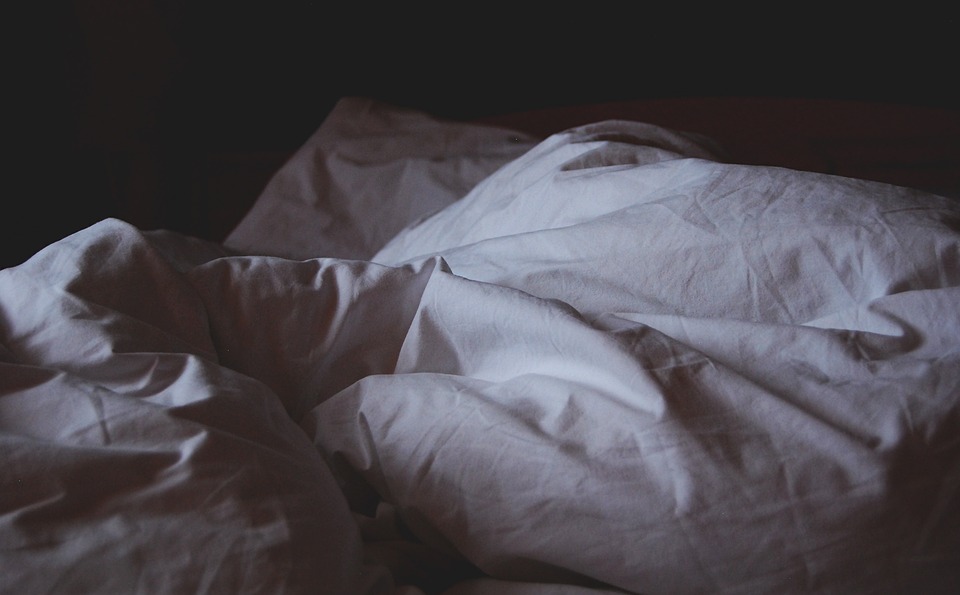Kicking and Yelling in Sleep? Risk Factors for RBD Sleep Disorder
Sleep Related Was this post helpful? Let us know if you liked the post. That’s the only way we can improve. Yes 0 No 0
Sleep Related Was this post helpful? Let us know if you liked the post. That’s the only way we can improve. Yes 0 No 0
A new study carried out by the American Academy of Neurology has found out that taking antidepressants, having PTSD or anxiety are risk factors for a violent sleep disorder otherwise known as REM sleep behavior disorder. The results of the study were published in the medical journal of the American Academy of Neurology and claim that men are more likely to have the disorder.
Rapid eye movement or REM sleep is also known as the dream stage of sleep. During this sleep stage, your brain sends signals to your muscles to prevent them from moving. However, when someone has RBD, those signals are disrupted, and the individual can act out on their dreams. A person with this sleep disorder may sometimes act out violently by yelling, flailing their arms or even punching or kicking. In some cases, they can harm themselves or their partner.

One of the authors of the study, Ronald Postuma from the McGill University in Montreal, says that the cause of REM sleep behavior disorder is unknown, but that it may be caused or aggravated by medications. It can also be an early sign of certain neurologic conditions such as Parkinson’s disease, dementia with Lewy bodies even multiple system atrophy. The authors of the study believe that identifying lifestyle and personal risk factors linked to RBD may help prevent the sleep disorder from developing.
The study examined and analyzed data gathered from more than thirty thousand people with the average age of 63. All subjects were screened for a variety of health conditions and were asked about their lifestyle, behavior, as well as some social, economic and psychological factors. 3.2% or almost 1000 people were identified with possible REM sleep behavior disorder. Participants with Parkinson’s and Alzheimer’s disease, dementia, or sleep apnea were excluded.
After analyzing the gathered information from the participants of the study, scientist have found out that those with the REM sleep behavior disorder are 2.5 times more likely to take antidepressants and 2.5 times more likely to have PTSD. They were twice more at risk to have a mental illness and 1.5 times more likely to experience psychological distress.
Other findings included that men were two times more likely to have RBD. The results of the research also show that people with REM sleep behavior disorder are 25% more likely to be moderate or heavy drinkers, have a bit less education (average 13.2 years of education), and a slightly lower income. People with this disorder are also more likely to be a smoker. Of course, these factors don’t indicate a person is at high risk of REM sleep behavior disorder, but it shows there is a link. RBD is a strong sign of future neurodegenerative disease, and by understanding it, we can better prepare ourselves for preventing and treating complex neurologic conditions like Parkinson’s disease.
Co-founder of Counting Sheep and Sleepaholic
Leave a Reply